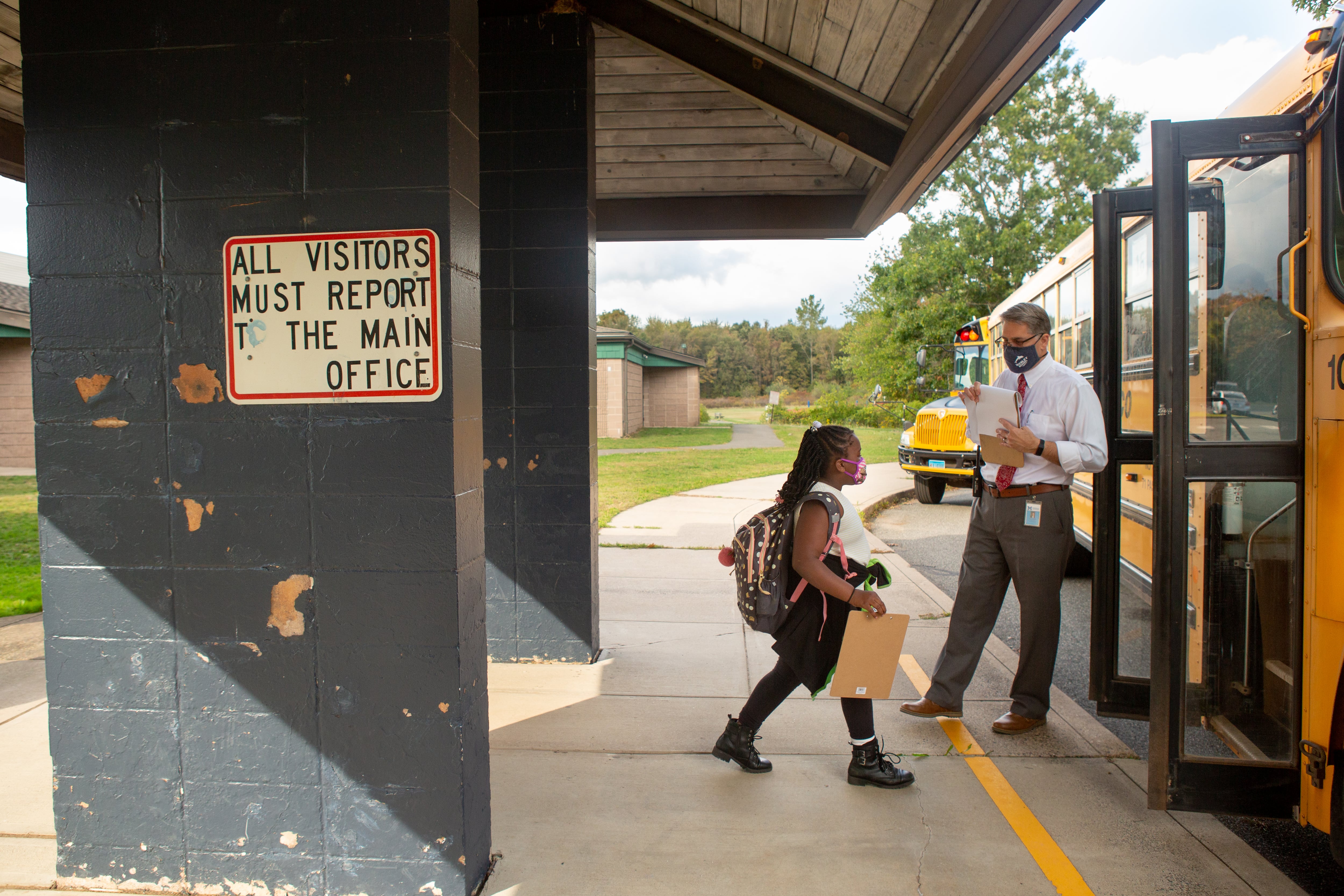Lawyers suing Tennessee over its private school voucher law say they will seek to block the program’s launch for a second time while they challenge the constitutionality of the embattled 2019 statute.
Attorneys representing nine public school parents and community members in Memphis and Nashville filed papers Tuesday in Davidson County Chancery Court giving notice of their intention to seek an injunction this Friday. They asked for an expedited schedule for a judicial panel to consider the motion.
The latest legal volley comes less than a week after the three judges lifted a 2-year-old court order blocking the program’s start — and as Gov. Bill Lee’s administration prepared to relaunch the state’s education savings account website to sign up students and private schools in Tennessee’s two largest cities for the upcoming school year.
Online forms signaling intent to participate are already live, and families can soon apply to start at the beginning or middle of the 2022-23 school year, or at the outset of the 2023-24 school year. Those who are approved can receive taxpayer money to help pay for private school tuition or other private education services.
The struggle over Tennessee’s voucher law is part of a national tug-of-war between those who want to use taxpayer money to give parents more education choices and others who say that approach diverts money from already underfunded public schools. Earlier this month, Arizona Gov. Doug Ducey signed a massive expansion of that state’s voucher program, while a judge in West Virginia struck down a new law to create the nation’s broadest voucher program.
Work on setting up Tennessee’s voucher program resumed last week based on a recent state Supreme Court ruling upholding the voucher law. The court rejected arguments and lower-court rulings that the program was unconstitutional because it applied to only two counties without their approval.
But big questions have loomed over how quickly the state could reasonably restart the program after July 13, when the judicial panel lifted the 2020 order that prevented the original launch for the 2020-21 school year.
In their filing Tuesday, attorneys for the parents noted that a lawyer for the attorney general’s office told chief judge Anne Martin last week that “decisions haven’t been made” about the timeline of the rollout, which Martin had anticipated would start with the 2023-24 school year.
“Mere hours later, defendant Governor Bill Lee released a statement contending that the Court’s order vacating the injunction ‘removed the final roadblock’ to implementing the Education Savings Account voucher program and that ‘starting today, we will work to help eligible parents enroll this school year,” the document said.
The attorneys asserted that “implementation of the ESA voucher program, particularly on this extremely rushed basis, will cause irreparable harm” while the court considers several remaining complaints from two lawsuits. They said an expedited hearing is warranted given that the school year begins on Aug. 8 for Metro Nashville Public Schools and Memphis-Shelby County Schools.
A spokeswoman for the state attorney general office declined Tuesday night to comment about the filing.
In their lawsuit filed in 2020, the parents contend that diverting millions of dollars to private schools that were appropriated to public schools in Memphis and Nashville violates the constitutional rights of public schoolchildren to receive an adequate and equitable education.
The governments of Shelby County and Metropolitan Nashville also sued the state over the law, which they said “unilaterally and arbitrarily” targets their communities — and saddles them with an unfair financial burden.
The judicial panel is expected to consolidate the two cases going forward.
Marta W. Aldrich is a senior correspondent who covers the statehouse for Chalkbeat Tennessee. Contact her at maldrich@chalkbeat.org.






